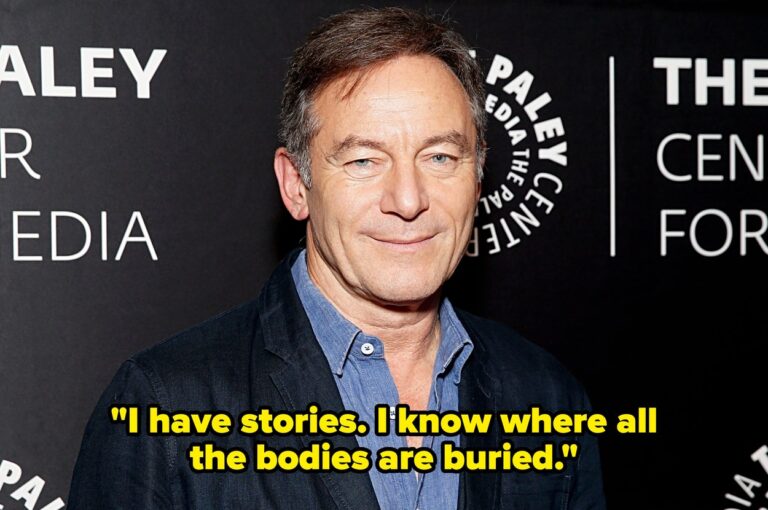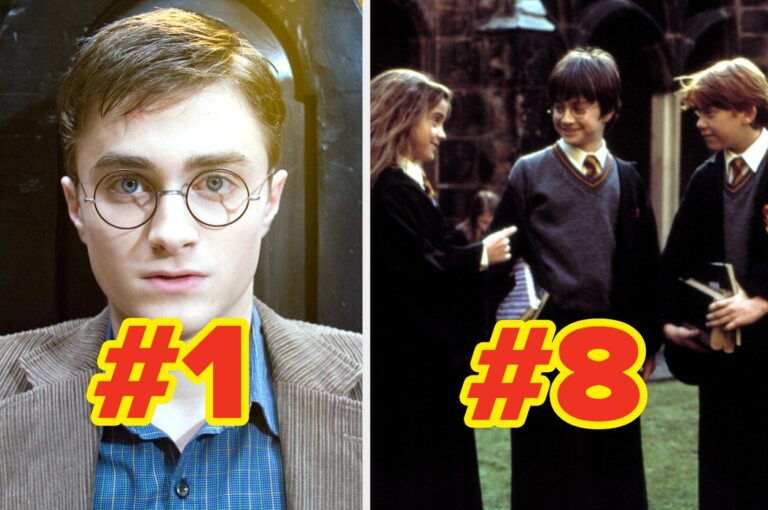First of all, I must apologize for such a long radio silence. While I am not the most prolific poster among our distinguished faculty, I do try to post more frequently than I have of late. As many of you know, I live in western North Carolina, a region hard hit by Hurricane Helene on September 27. Since that time, I have been trying to collect my thoughts to share as well as my thanks for those of you who have been thinking of and praying for those in our region who have been so severely affected over the last few months and who are still struggling. Unfortunately, I have had trouble doing just that, both due to the new constraints on my time and my own lack of mental focus. But as we approach the end of the year, I wanted to finally share the experience of the storm and of the remarkable generosity and support that I have witnessed here in the mountains of western North Carolina.
been trying to collect my thoughts to share as well as my thanks for those of you who have been thinking of and praying for those in our region who have been so severely affected over the last few months and who are still struggling. Unfortunately, I have had trouble doing just that, both due to the new constraints on my time and my own lack of mental focus. But as we approach the end of the year, I wanted to finally share the experience of the storm and of the remarkable generosity and support that I have witnessed here in the mountains of western North Carolina.
When the storm struck my community, it was already a difficult time for us. On the morning of September 21, I learned that a dear young woman, a friend of my family whom I had taught and whom my husband had mentored, was missing. She was a brilliant, remarkable college student who was overseas for a distinguished internship through her university. An experienced hiker and outdoors enthusiast, she had gone hiking on a challenging trail the day before, and a frantic search had ensued when she did not return. Later on Sunday, when her death was confirmed, our community, and my family, were devastated. The faculty at our college, where she was beloved, struggled to focus as we had an important visit beginning the next day as part of our regular accreditation process. We managed to get through the next few days, and the visiting team was just lovely. In fact, they wrapped up the visit early, as we were all concerned about the weather and wanted to make sure they all made it home.
On the morning of September 27, like most people in the area, I was a little concerned that we might lose power or have other inconveniences, but we had no idea what was going to happen. In fact, my husband had just finally decided that he would probably not be setting up his author’s tent at a local festival the next day, and we had just persuaded an author friend who lives in another state that she should probably not come to the event, as it looked rainy and roads might be bad. My college had wisely cancelled classes the day before as we already had severe weather that was causing problems, and I was planning to spend the day grading, after joining a zoom call from the other side of the world where a memorial was being held for our precious friend. I was just getting connected when the power went out. We continued to have cell service for a little while, so we reassured family in other states that we were safe, but we lost cell service a few hours later.
In the meantime, we watched the rain pour, listened to the wind battering our house, and watched the water rising in the creek at the bottom of our hill. At first, we considered the storm just a novelty, an inconvenience like the snowstorms with which we are familiar and for which we are prepared. Around mid-morning, we discovered water pouring into the lower level of the house, primarily through the garage, where the ground outside had become so saturated that the water was forcing the mortar out from between the cement blocks of the garage wall. For some time, my husband and I were running from geyser to geyser with a caulk gun to plug up the holes and prevent more flooding. Then, we were trying to move what we could and sweep out the water. That was a challenge, since this is the part of the house where my husband and I have our offices and his library, where my daughter does her sewing and crafts, and where we store much of our historical interpretation gear, from boxes of tents and blankets to clothing and shoes from a variety of time periods. Thankfully, we were able to manage, and we were able to get things drying as the weather finally broke later.
we considered the storm just a novelty, an inconvenience like the snowstorms with which we are familiar and for which we are prepared. Around mid-morning, we discovered water pouring into the lower level of the house, primarily through the garage, where the ground outside had become so saturated that the water was forcing the mortar out from between the cement blocks of the garage wall. For some time, my husband and I were running from geyser to geyser with a caulk gun to plug up the holes and prevent more flooding. Then, we were trying to move what we could and sweep out the water. That was a challenge, since this is the part of the house where my husband and I have our offices and his library, where my daughter does her sewing and crafts, and where we store much of our historical interpretation gear, from boxes of tents and blankets to clothing and shoes from a variety of time periods. Thankfully, we were able to manage, and we were able to get things drying as the weather finally broke later.

Not my photo, but the festival I was planning to attend would have been on the street between these buildings and the railroad depot (the roof to the right).
The hardest aspect for us was the lack of communication. We have a scanner, so we were better off than many others, as we at least knew that the situation was very serious as we heard our first responders describing their experiences . We heard when our road was declared impassable, but our driveway was washed out and trees down all over it, so we were not going anywhere anyway. We walked out to the main road so that we could check on neighbors. Thankfully, everyone was safe, although most of the driveway culverts were washed out, so many of our neighbors were stranded, even when the road itself opened. Our culvert was spared, so when we finally got enough trees cut, we were able to get out on Sunday, and we used the scanner to find out where the roads were closed; we drove almost an hour until we could finally get cell service so that we could contact our families to let them know we were safe. That’s when we learned we were national news. Our phones lit up with notifications as people from all over were texting and emailing to check on us, and we learned that there was devastation throughout our county and several other areas. The street where my husband and our author friend had been planning to set up for the festival was submerged under several feet of water, and most of the businesses and infrastructure were damaged or destroyed. We were blessed to be able to replenish our supplies, especially since our power and internet were only out a few days, and we have a well to supply water. Many of my colleagues were without power and/or water for weeks.
infrastructure were damaged or destroyed. We were blessed to be able to replenish our supplies, especially since our power and internet were only out a few days, and we have a well to supply water. Many of my colleagues were without power and/or water for weeks.
As we all began to take stock of the impact of the storm, it was obvious we would be in recovery for a long time. In the days after the storm, my family and I worked to salvage bound back issues, negatives, and other irreplaceable history from our local newspaper office, for which my husband writes the regular historical column. Sadly, there were photos and other items that could not be salvaged or which were washed away in the initial flood, which rose to four feet in the office. Some of the items we retrieved are still being housed with us as the office is put back together. Our local grocery store was so damaged it did not re-open until early December, and several other businesses in our town have not yet re-opened. Some never will.
However, mountain people are nothing if not resilient, and it has been remarkable to see how people have thrived despite the storm. In our community, one of the businesses affected was a woodcarver who does huge chainsaw carvings. We were horrified to see that most of his workshop was destroyed and that many of his carvings were washed downstream, but he quickly got his business back up and running. It took several weeks for my college to re-start, and we began with online instruction only because we didn’t get running water back on campus until well into November. Many of my fellow faculty and staff members suffered serious damage, as did numerous students. Our Foundation switched gears to provide disaster relief, and some of our programs had to get creative with strategies to help our students complete the semester. I still have students completing incompletes, some of whom because they lost their homes and have relocated.
his carvings were washed downstream, but he quickly got his business back up and running. It took several weeks for my college to re-start, and we began with online instruction only because we didn’t get running water back on campus until well into November. Many of my fellow faculty and staff members suffered serious damage, as did numerous students. Our Foundation switched gears to provide disaster relief, and some of our programs had to get creative with strategies to help our students complete the semester. I still have students completing incompletes, some of whom because they lost their homes and have relocated.

This was one of hundreds of bags of donations I was honored to touch as I helped process the kind gifts sent to our neighbors.
In the midst of the hardships, we have been overwhelmed with kindness and support from far and near. My daughter and I have volunteered often at our local foodbank, and we have been deeply impressed, both by the needs we have seen and the generosity we have witnessed. I have seen a woman burst into tears because I told her she could have an extension cord, and I have seen massive donations of everything from food to generators to Christmas gifts. We have been blessed individually, and as part of the community. Just one example: kind gentlemen came and helped cut out the rest of our fallen trees, only accepting a hot meal and some preserves as payment. For weeks, local sites provided free supplies and other resources as our community, and others, struggled to get back on track.
My college did manage to get the semester finished, and I will always be grateful to everyone who helped us, from the dedicated linemen who restored our power to those who provided us with digital internet connections, piles of snacks, and free meals.
I have seen people serving as the hands and feet of Christ in remarkable ways. Many of those who donated or volunteered to help might not have thought of themselves as doing so as response to His command to feed His sheep. I have been reminded often of Emeth, the Calormene in The Last Battle who is surprised to discover that when he thought he was serving Tash, he was really serving Aslan.

This used to be a blackberry patch beside a creek behind my house.
I am thankful for those who have generously supported our recovery and relief efforts and appreciate those who have asked for contact information for organizations that are directly helping people in in our area. Those who wish to donate are often, wisely, wary of just blindly sending money to strangers, but there are some excellent and reputable groups doing wonderful work. Recovery will take years. Each day, I drive past piles of rubble pulled from homes that were damaged or destroyed. I look at the landscape that has been completely remade, with trees ripped from their roots and fields and forests scoured so that they resemble the surface of the moon.
It has often been hard for me to think, let alone write, in these recent months, but this weekend, as we experienced some more severe weather that caused damage in areas still recovering, I have been reminded of the importance of taking note of what we have endured, and of what blessings we have received. I am so grateful for the kindness and concern we have experienced. Now, as we look toward a new year, with hope, I look at the seed packets that were given to us when our precious young friend’s funeral was finally held in a church that had only just gotten power restored. She was such a friend of nature, seeing God’s work in His creation, that her family honored her by handing out these wildflower seeds to us all at her service. As the days slowly lengthen, I look forward to the spring, and to planting flowers for her where there is now sand, rocks, and debris. Spring will return, and time will bring healing. I am grateful.

This local daycare, within sight of my house, was severely flooded but has since re-opened.






